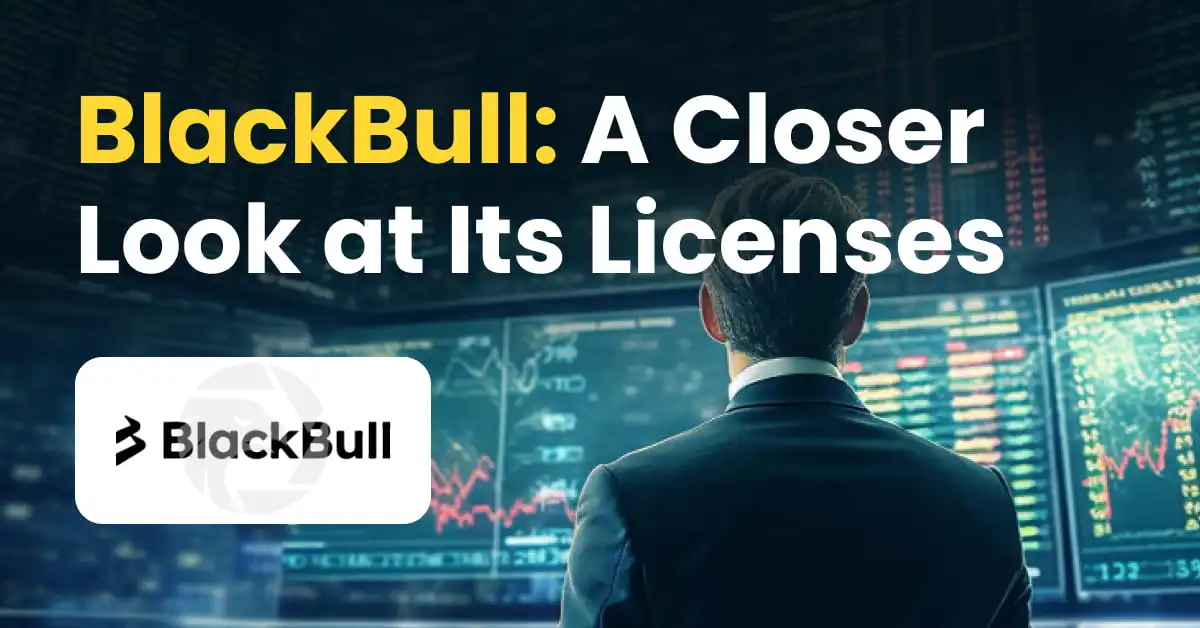简体中文
繁體中文
English
Pусский
日本語
ภาษาไทย
Tiếng Việt
Bahasa Indonesia
Español
हिन्दी
Filippiiniläinen
Français
Deutsch
Português
Türkçe
한국어
العربية
What Makes India's 60 Billion Dollar Forex Market Unique?
Abstract:Explore how an Indian forex market with a size totalling 60 billion dollar plus is growing despite numerous restrictions that don't exist elsewhere.

India‘s forex market is now 60 billion dollar+ strong. The Reserve Bank of India (RBI) Governor, Sanjay Malhotra, recently stated that India’s forex market nearly doubled from 2020 to 2024. The market size galloped to 60 billion dollars in 2024 from 32 billion dollars in 2020. The governor further added that the average daily volumes in the overnight markets have grown to more than INR 5.4 lakh crore from about INR 3 lakh crore during the period.
While the growth has been staggering, India‘s forex market is very unlike other markets around the world. There are restrictions for investors. But overall, the RBI has ensured enhanced transparency, which has played a vital role in raising the market growth. In this article, we will share points that make the country’s forex market unique. Lets begin!
Some Unique Characteristics of the Indian Forex Market
Trading Restrictions on Currency Pairs
The first unique thing about Indias forex market is the capping on currency pairs for trading. There are four approved currency pairs. And among each of these, the local currency, i.e., INR, has to be there. The approved currency pairs are - INR/USD, INR/GBP, INR/EUR and INR/JPY. Trading in currency pairs other than these can lead to legal hassles.
Speculative Trading Restrictions
Indian residents don‘t have the freedom to trade in the forex market purely for speculative purposes. It’s very different from other markets where speculation goes on uninterrupted.
However, they are allowed to trade currency derivatives on recognized stock exchanges. It helps them manage currency risk and benefit from price movements. This restriction helps manage capital flows and ensure currency stability.
The RBI and Its Supervisory Role
A great deal of credit should go to the RBI's impeccable supervisory role in ensuring a vibrant foreign exchange market that continues to grow despite restrictions.
The regular market intervention by the RBI ensures exchange rates dont fluctuate much. So, the Indian forex market is not as volatile as other markets.
The RBI intervenes to make sure the market remains in order. It also plays an active role when managing foreign exchange reserves, contributing significantly to an economically stable and resilient India.
Increased Liquidity and Investor Participation
The Indian forex market is highly liquid owing to massive participation from several entities such as financial institutions, banks, corporates, and individuals. As a result, the market remains efficient and allows smooth currency transactions.
Stringent Regulatory Framework
The RBI imposes a strict regulatory framework according to the Foreign Exchange Management Act (FEMA), 1999, to ensure increased transparency and investor protection. So, your foreign exchange transactions will either go down as a capital account or a current account as per the FEMA regulations.
Stability and Growth Remain the Core Objective
Indias forex market helps boost international trade, lets businesses manage risks, and attracts foreign investments. The interventions and the regulatory framework are aimed at boosting economic stability and ensuring sustainable economic growth.
Frequently Asked Questions (FAQs) on the Indian Forex Market
What are Some Common Restrictions on Forex Trading in India?
The restrictions include only four currency pairs (INR/USD, INR/GBP, INR/EUR and INR/JPY) allowed for trading, no trading allowed on unregulated and offshore platforms, minimum speculative trading, etc.
What if I trade in Currency Pairs Other Than the Approved Ones?
You will be liable for legal actions, which can include financial penalties.
Is Leverage Allowed in the Indian Forex Market?
Yes, leverage is allowed up to a limit of 1:50. With leverage, you gain a wider position control with minimum capital.
Who Governs the Indian Forex Market Regulations?
The RBI governs the forex market regulations in India as per the Foreign Exchange Management Act or FEMA.
Weve got something SPECIAL for you! Download WikiFX Masterminds to know it.

Disclaimer:
The views in this article only represent the author's personal views, and do not constitute investment advice on this platform. This platform does not guarantee the accuracy, completeness and timeliness of the information in the article, and will not be liable for any loss caused by the use of or reliance on the information in the article.
Read more

BlackBull: A Closer Look at Its Licenses
When selecting a broker, understanding its regulatory standing is an important part of assessing overall reliability. For traders seeking to protect their capital, ensuring that a platform operates under recognised and stringent oversight can make all the difference. Keep reading to learn more about BlackBull and its licenses.

Dark Side of AETOS: They Don’t Want You to Know
AETOS is an Australia-based broker. All over the internet, you will find positive reviews about this broker, but no one is talking about the risks involved with AETOS. However, we have exposed the hidden risks associated with AETOS

Contemplating Investments in Quotex? Abandon Your Plan Before You Lose All Your Funds
Have you received calls from Quotex executives claiming to offer you returns of over 50% per month? Do you face both deposit and withdrawal issues at this company? Or have you faced a complete scam trading with this forex broker? You're not alone. Here is the exposure story.

15 Brokers FCA Says "Are Operating Illegally" Beware!
If a reputable regulator issues a warning about unlicensed brokers, it's important to take it seriously — whether you're a trader or an investor. Here is a list you can check out- be cautious and avoid getting involved with these scam brokers.
WikiFX Broker
Latest News
SHFE Tin Prices Stabilise in the Night Session After Initial Decline
Major U.S. Banks Plan Stablecoin Launch Amid Crypto Regulations
Lead Prices Remain in the Doldrums Despite Seasonal Expectations
Myanmar Tin Ore Shipments from Wa Region Set to Resume
Different Forex Market Regulators But One Common Goal - Investor Safety
Do You Really Understand Your Trading Costs?
Forex Trading Simulator vs Demo Account: Key Differences
5 Reasons Why Some Traders Choose XChief
Treasury yields rise as Trump denies plans to fire Fed Chair Powell
Harsh Truths About ATC Brokers Every Trader Must Know
Currency Calculator


